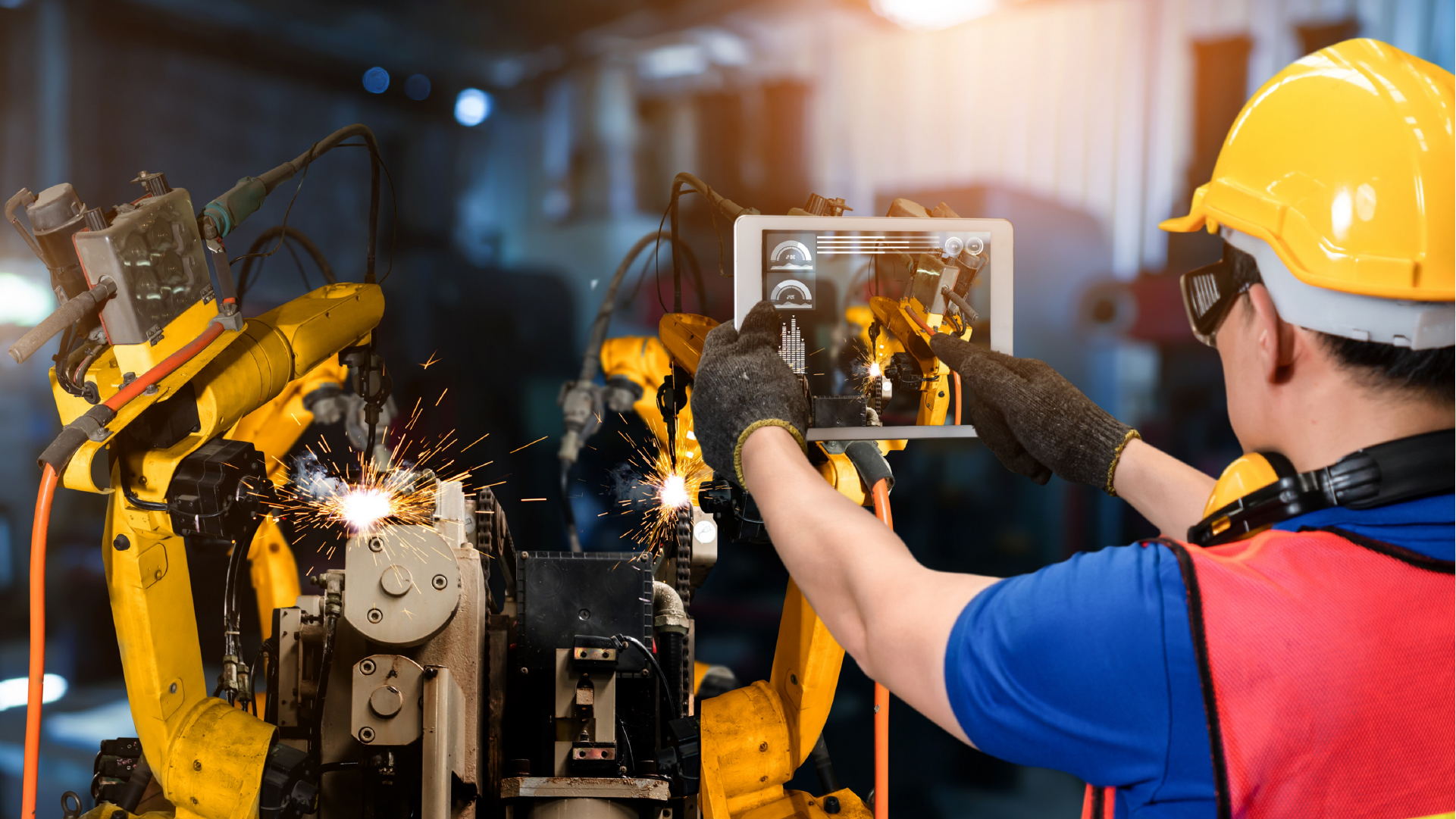From Design to Production: Leveraging AR/VR in Manufacturing Processes
In recent years, the manufacturing industry has witnessed a remarkable transformation with the integration of cutting-edge technologies. Among these, Augmented Reality (AR) and Virtual Reality (VR) have emerged as game-changers, revolutionising traditional manufacturing processes. By bridging the gap between the physical and digital realms, AR/VR technologies offer unprecedented opportunities to streamline and enhance various stages of manufacturing, from design to production. In this blog, we will explore the profound impact of AR/VR in manufacturing and how these technologies are reshaping the industry.
Design and Prototyping
Designing a product and creating prototypes are critical steps in the manufacturing process. AR/VR technologies have simplified and accelerated these stages, empowering designers to visualise and manipulate virtual 3D models with exceptional precision. By wearing AR/VR headsets, designers can examine virtual prototypes in real-world contexts, test different materials, colours, and textures, and make informed design decisions before investing in physical prototypes. This not only saves time and resources but also enables rapid iteration and improves overall product quality.
Training and Skill Development
Manufacturing processes often require specialised skills, and training the workforce can be a time-consuming and costly endeavour. AR/VR comes to the rescue by providing immersive training experiences. Employees can be trained in a virtual environment that simulates real-world scenarios, allowing them to practise complex tasks and acquire essential skills without the need for expensive equipment or risking any physical harm. AR/VR training programs enable efficient knowledge transfer, reduce training time, and enhance worker safety.
Assembly and Maintenance
AR/VR technologies offer invaluable assistance during assembly and maintenance operations. By overlaying digital information onto physical objects, AR guides workers step-by-step through complex assembly procedures, reducing errors and minimising downtime. With real-time visualisations and interactive instructions, workers can identify parts, understand their placement, and ensure correct assembly. Similarly, AR/VR can aid in maintenance tasks by providing remote experts with a virtual view of the equipment, enabling them to diagnose issues, offer guidance, and even perform repairs from afar.
Quality Control and Inspection
Maintaining high-quality standards is crucial in manufacturing. AR/VR tools enhance quality control processes by facilitating meticulous inspections. By superimposing digital models onto physical objects, AR/VR enables precise measurements, identifies defects, and compares them with the intended design. Inspectors can visualise defects in real-time, annotate them for documentation, and collaborate with colleagues remotely. These technologies enhance efficiency, reduce human errors, and ensure consistency in quality control across different manufacturing stages.
Collaboration and Communication
In a globalised manufacturing landscape, effective collaboration and communication are key to success. AR/VR provides a shared virtual environment where teams dispersed across different locations can collaborate seamlessly. By immersing themselves in the same virtual space, team members can work on designs, review prototypes, and exchange ideas as if they were physically present. This eliminates geographical barriers, fosters innovation, and accelerates decision-making, leading to faster time-to-market and improved productivity.
Conclusion
The integration of AR/VR technologies into manufacturing processes has transformed the industry, enabling manufacturers to optimise design, streamline production, enhance training, ensure quality, and facilitate global collaboration. As these technologies continue to evolve, we can expect even more advancements and novel applications in the manufacturing domain. Embracing AR/VR is no longer an option but a necessity for companies looking to stay competitive in the modern manufacturing landscape.
DevDen is a leading vr development company specialising in augmented reality (AR) and virtual reality (VR) technology solutions for the manufacturing industry. By leveraging cutting-edge AR/VR tools and software, DevDen aims to revolutionise the way manufacturing processes are executed, improving productivity, efficiency, and overall performance.




